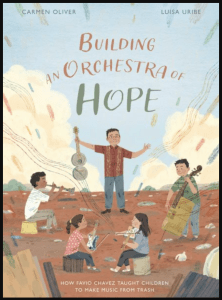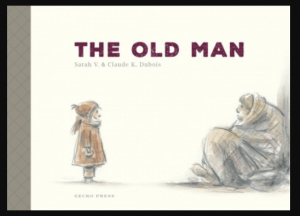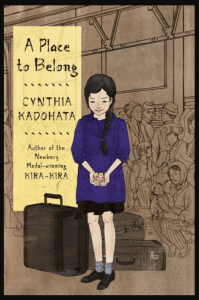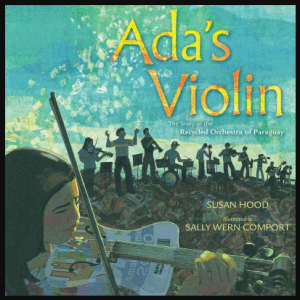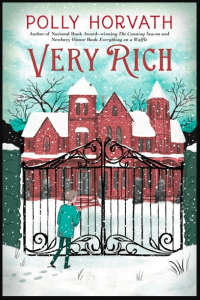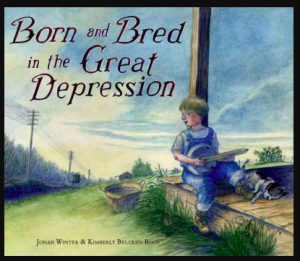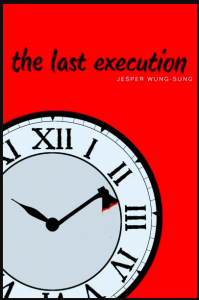Carmen, Oliver. Building an Orchestra of Hope: How Favio Chávez Taught Children to Make Music from Trash. Grand Rapids, Michigan: Eerdmans Books for Young Readers, 2022.
What happens to the trash taken away by garbage trucks? It goes to landfills. In the capital city of Paraguay, it goes to a landfill in a tiny town where – every day – people pick through the heaps and heaps of trash, looking for something to sell. After school, children join their parents in the search for jewelry, cardboard, plastic – anything at all – that can help them earn enough money to survive. In 2006, Favio Chávez came to teach the people better ways to recycle those mountains of garbage. He decided to also teach the children how to play musical instruments. But how would he get enough instruments? Well, from the trash, of course. This picture book – illustrated by Luisa Uribe – tells the story of how Chávez taught thirty children to read music and play together in an orchestra. A long afterward provides more details about this true story of ingenuity and determination. Highly recommended for all ages.
Listen to Favio Chávez’s TEDx Talk and hear the orchestra play classical music
More stories set in South America
